How Do I Know If I Should See an Eye Doctor?
Don't Neglect Your Vision
We live in a busy world, so it’s only natural that some things will fall by the wayside. One thing that is neglected too often is getting a regularly scheduled eye exam. Hey, we get it. These things can be easy to put off until they’ve left your mind completely, especially if you believe you have perfect vision. However, eye disease and vision impairment are serious conditions that are best treated if they are caught as early as possible.
So that being said, how do you know if you should see an eye doctor? In order to help you answer that question, we’ve compiled a list of signs that you should have your eyes examined as soon as possible.
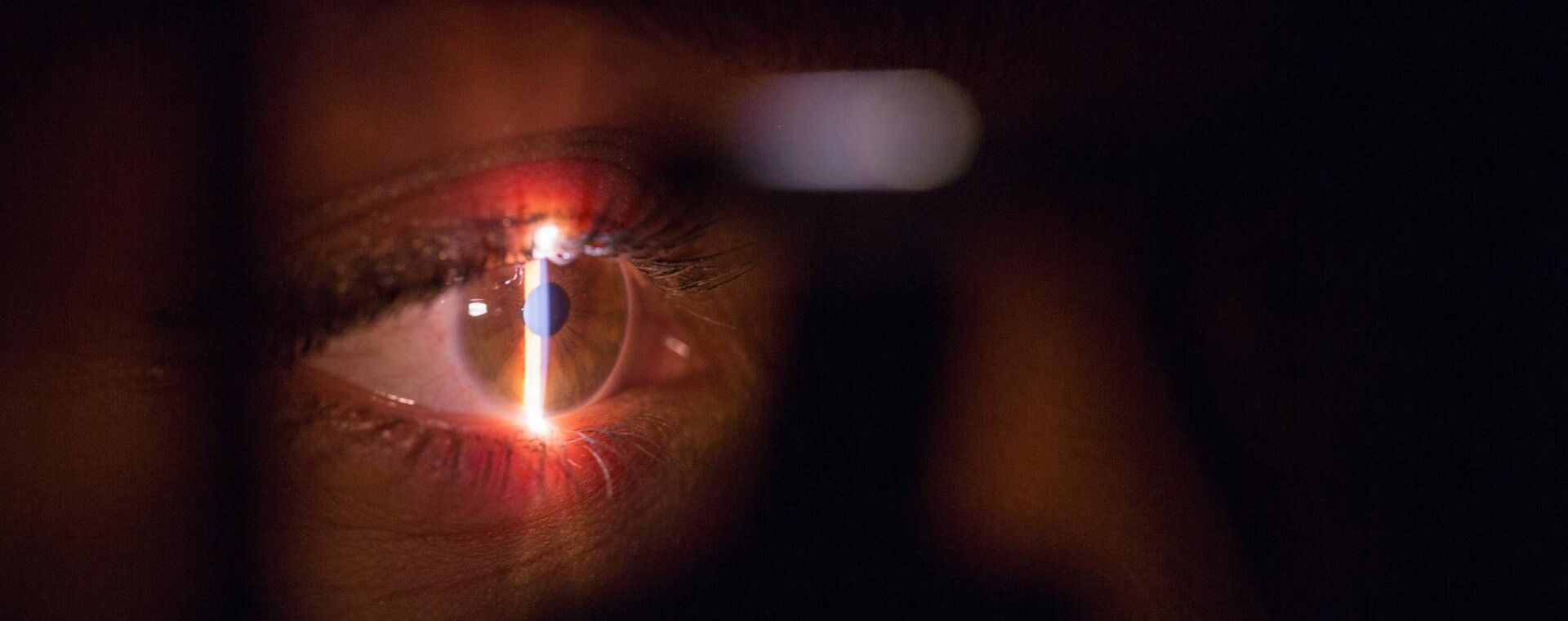
You Can’t Remember the Last Exam
Let’s start off with the basics: If we had a different president the last time you had your eyes examined, you’re probably due for a checkup. If you have hazy memories from your childhood ophthalmologist and that’s it, you’re way overdue.
If you’re struggling to remember the last time you had your eyes checked, there’s no time like the present to schedule an appointment.

Regularly Scheduled Exams
There are a lot of different factors that go into determining the regularity of your eye exams, but generally speaking, healthy individuals between the ages of 16 to 60 should have their eyes checked every 2-4 years, with increasing frequency with age.
Children under the age of 16 and seniors over 60 should have their eyes checked every 1-2 years. Children are prone to certain eye diseases that are best caught as early as possible, while people over 60 will experience
macular degeneration that should be monitored.
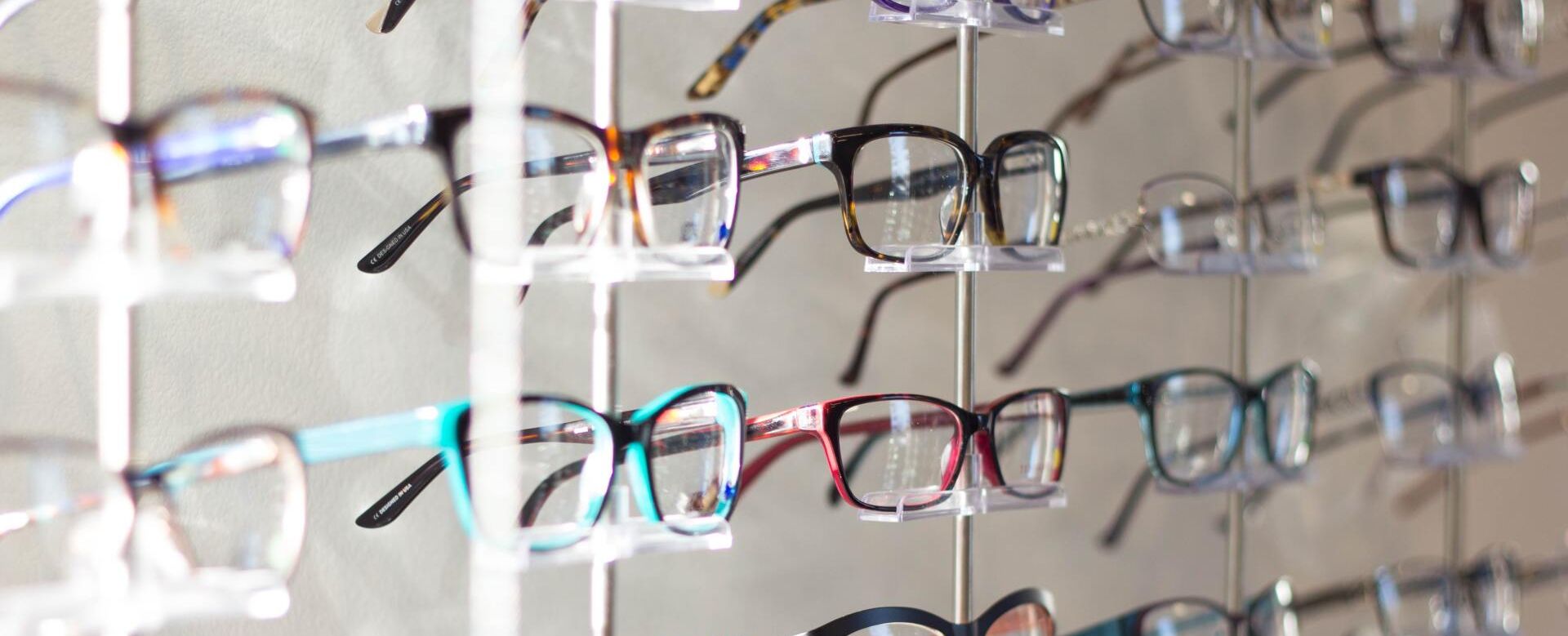
If You Have Diabetes
Diabetes can have a significant impact on vision and can lead to a number of eye-related complications, the most common of which is diabetic retinopathy. This is a condition in which the blood vessels in the retina, the light-sensitive layer at the back of the eye, become damaged. It can lead to vision loss and blindness if left untreated.
People with diabetes are also at an increased risk of developing cataracts, glaucoma, and macular edema. Cataracts are clouding of the lens of the eye that can cause blurry vision. Glaucoma is a condition in which the pressure in the eye increases, damaging the optic nerve and leading to vision loss. Diabetic macular edema occurs when the blood vessels in the macula, the central part of the retina, become leaky and cause the macula to swell. This can lead to vision loss.
It is important to have
yearly eye exams if you have diabetes, as early detection and treatment of these complications can help to prevent vision loss.
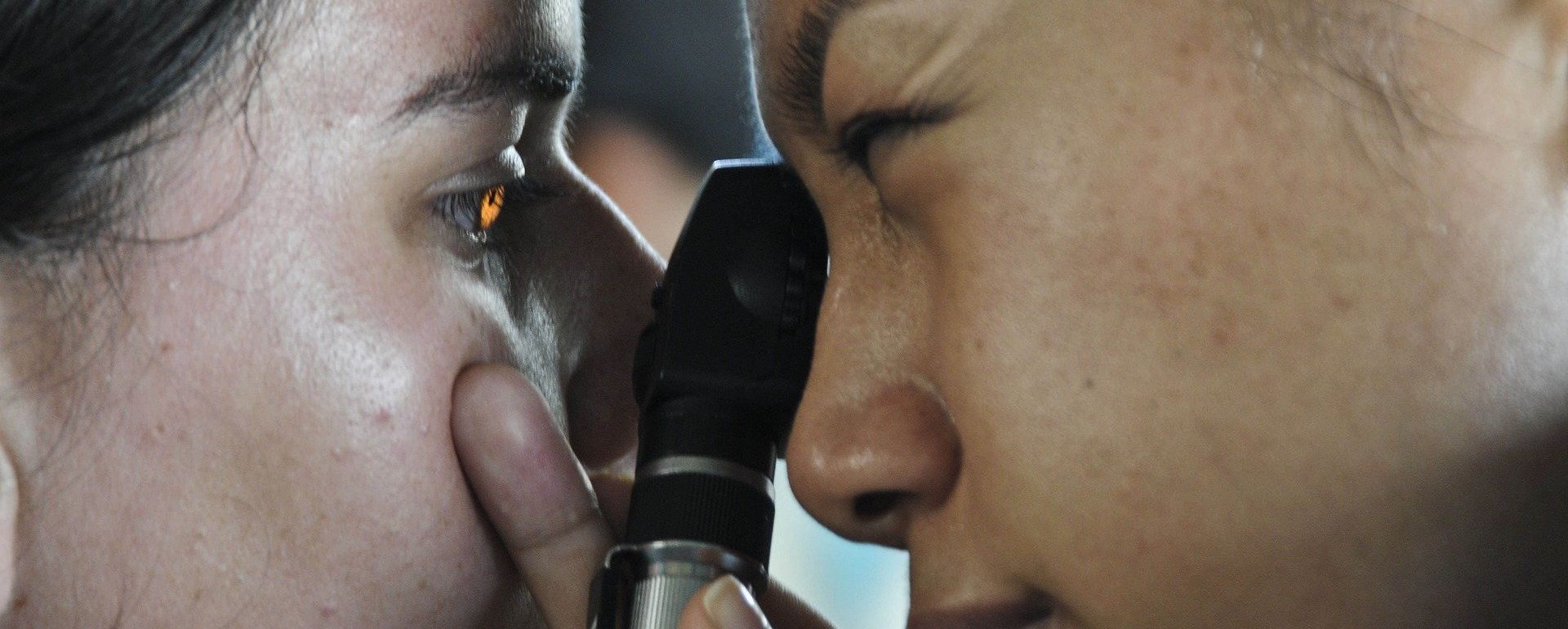
You Are Experiencing Vision Disruption or Pain
If you are experiencing any symptoms of eye disease, you need to schedule an eye exam as soon as possible. Many of these symptoms are easy to write off as a result of stress or tiredness, but it is always better to be safe than sorry.
You should always be aware of disturbances in your field of vision. These disturbances might include protracted blurred or double vision, “floaters,” cloudy vision, waviness in straight lines, vision loss, or spots in your field of vision.

Don't Ignore the Signs
Pain is another common symptom of eye disease. If you are experiencing an unusual sensitivity to light, pain in or around your eyeball, or extreme redness or dryness, take that as a sign that you need a doctor to look at your vision.
You likely know how vision is supposed to feel and appear, so if you are experiencing disruption or pain in your eyes, it’s time to schedule an appointment immediately.
Don’t let your vision go unattended. Most eye diseases can be treated if caught early enough, so make sure to have your eyes checked regularly. We’d of course be more than happy to help, so don’t hesitate to give us a call if you have any questions at all.



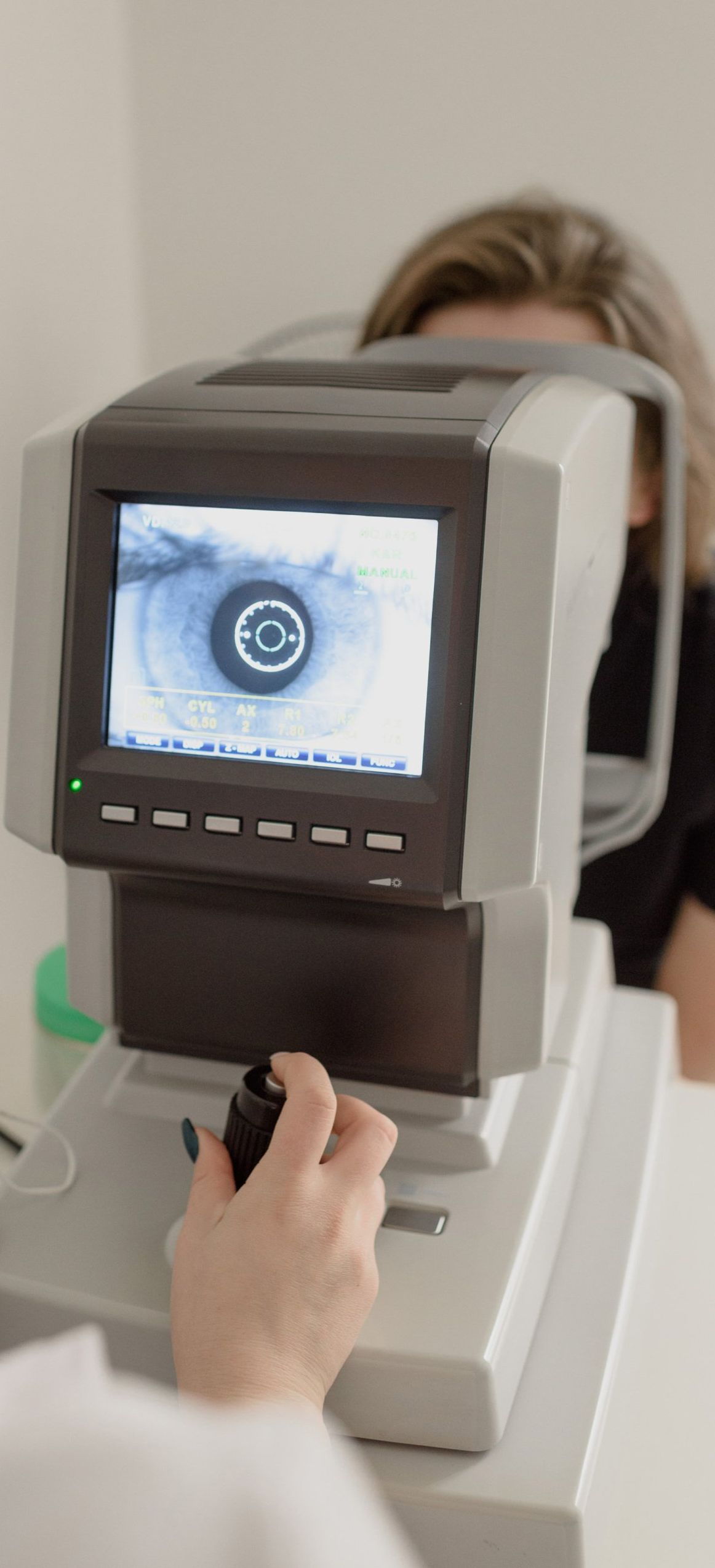
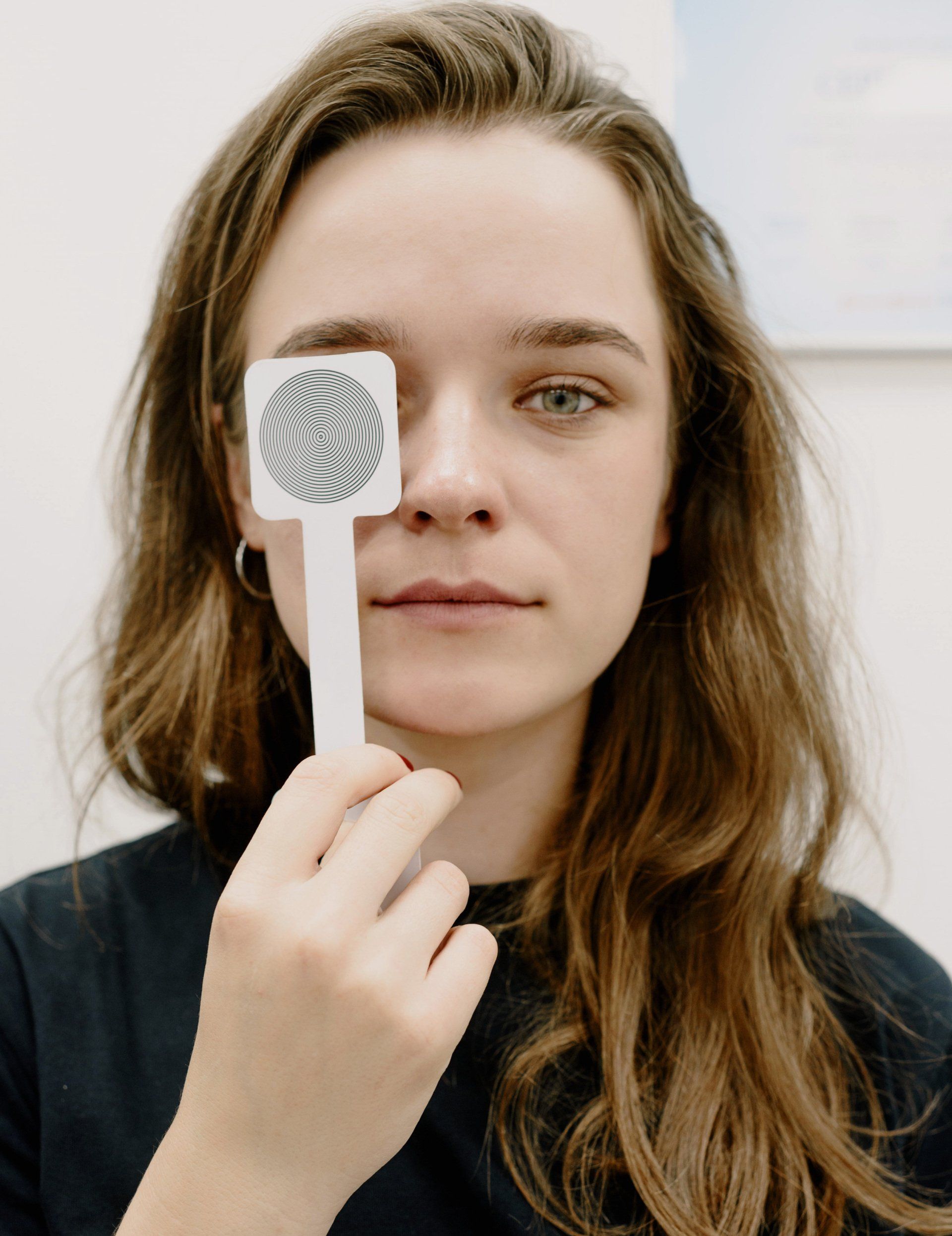







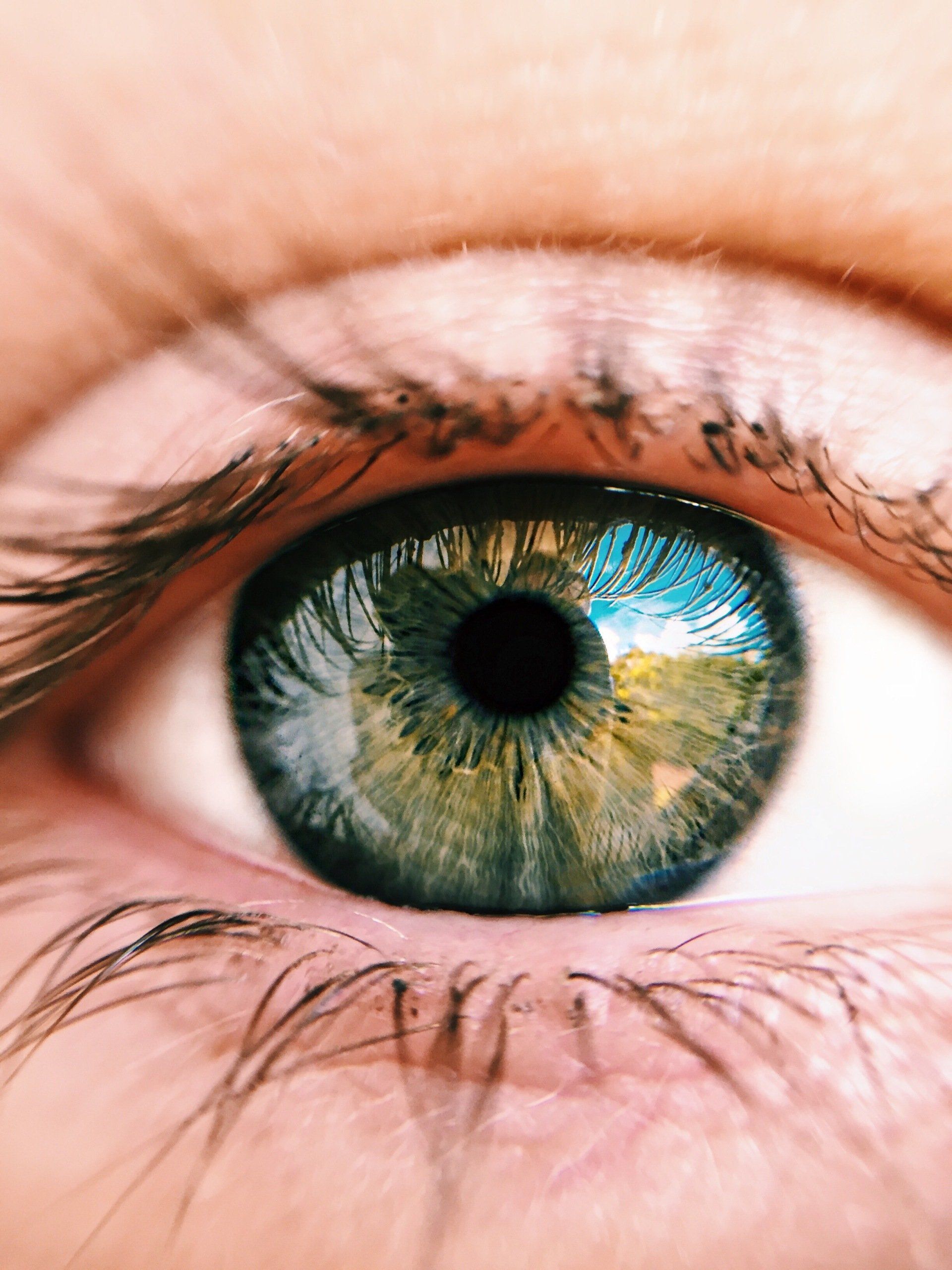


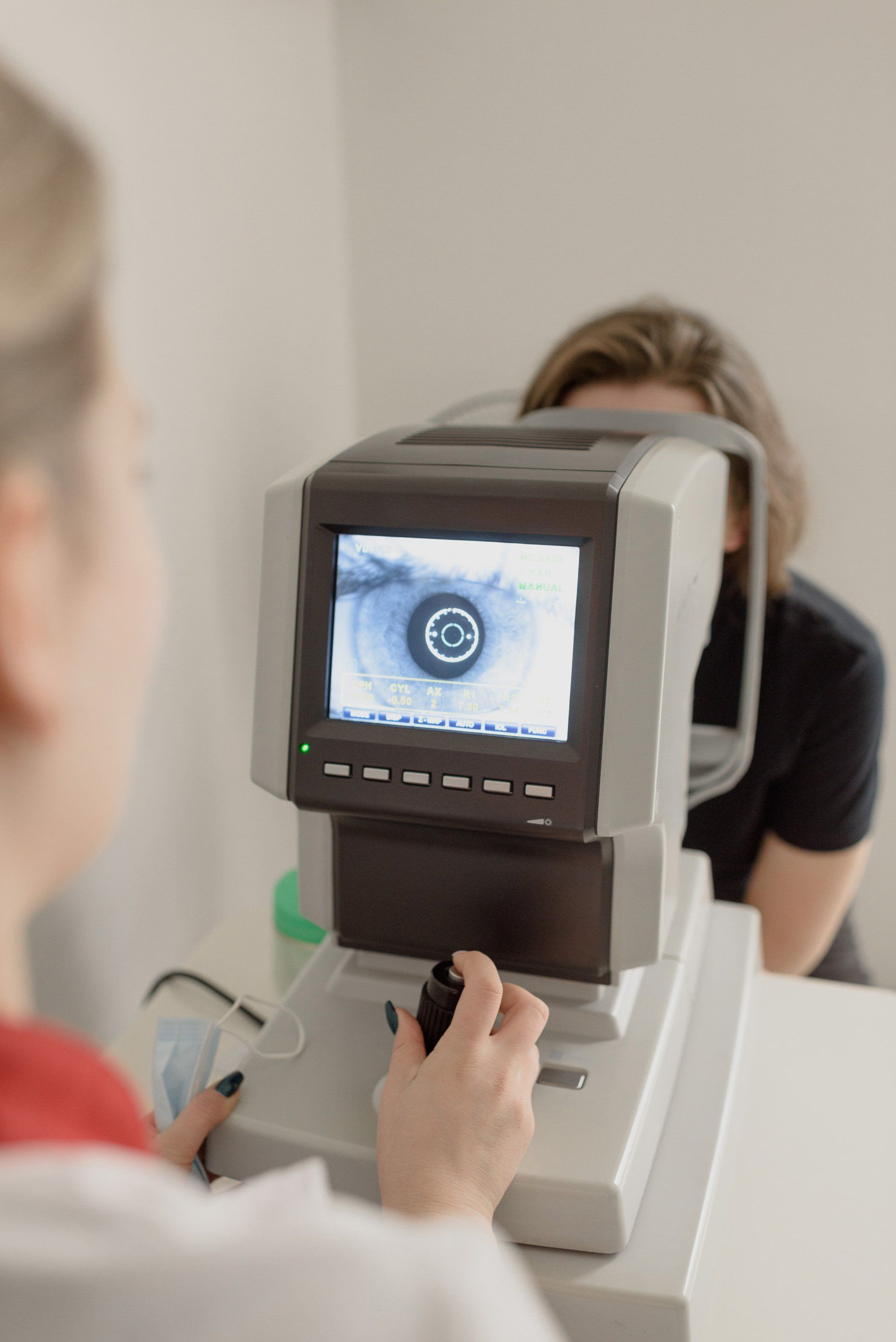










CONTACT US
LOCATION
Locatel Optical
4250 Philips Hwy, Jacksonville, FL 32207
(inside Walmart Vision Center)
All Rights Reserved | Dr. Jose Castillo
